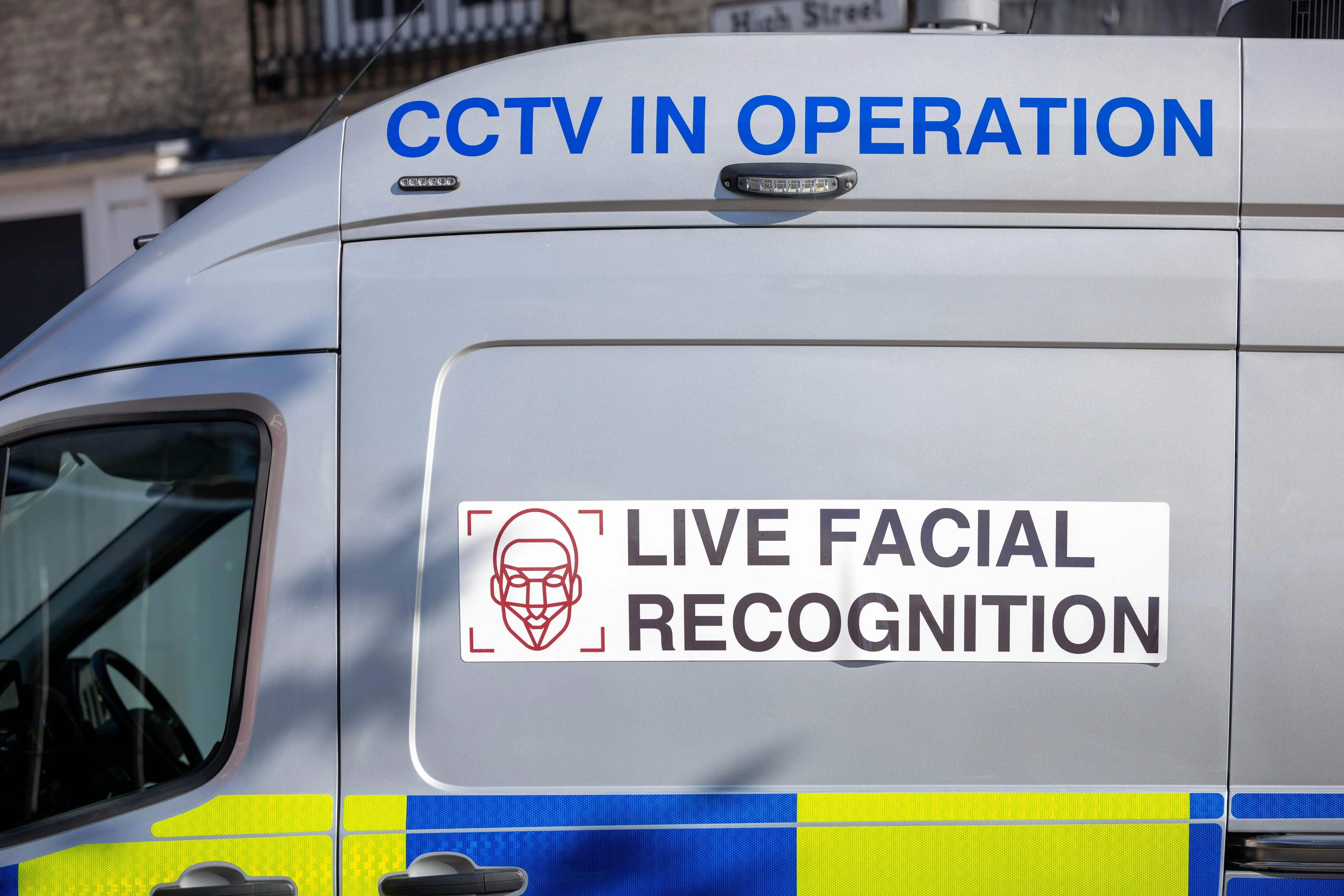Facial Recognition Technology: Its Role in Monitoring Released Prisoners and Virtual Jails

Exploring Facial Recognition Technology
Facial recognition technology has gained traction recently, particularly for its potential applications in law enforcement. Ministers are considering its implementation to create 'virtual jails' to monitor released prisoners.
Concerns Surrounding Privacy and Ethics
While this approach aims to bolster security and reduce crime rates, there are growing concerns about privacy infringement and the overall implications on civil liberties. Leaders in the tech community advocate for ethical considerations before widespread adoption occurs.
Inspiration Drawn from Authoritarian Regimes
- The plan mirrors surveillance tactics employed in countries like China.
- Public backlash against such technologies has raised alarm amongst civil rights groups.
As this proposal develops, the debate continues on finding a balance between public safety and individual liberties.
This article was prepared using information from open sources in accordance with the principles of Ethical Policy. The editorial team is not responsible for absolute accuracy, as it relies on data from the sources referenced.